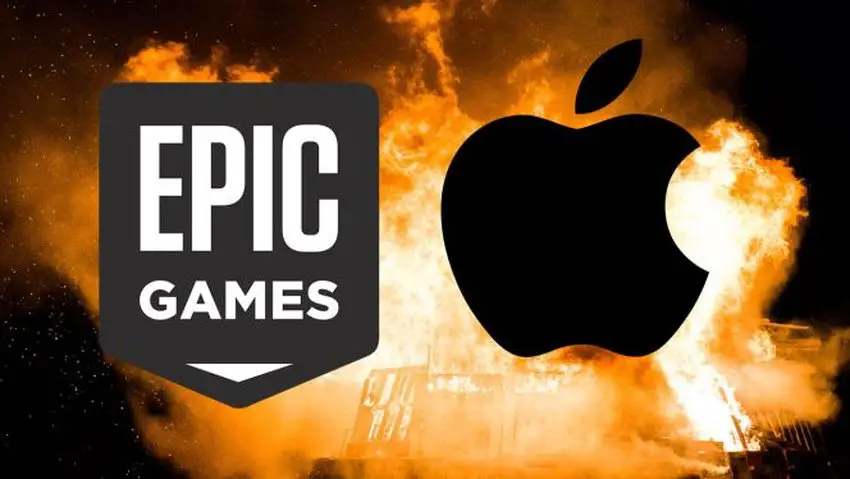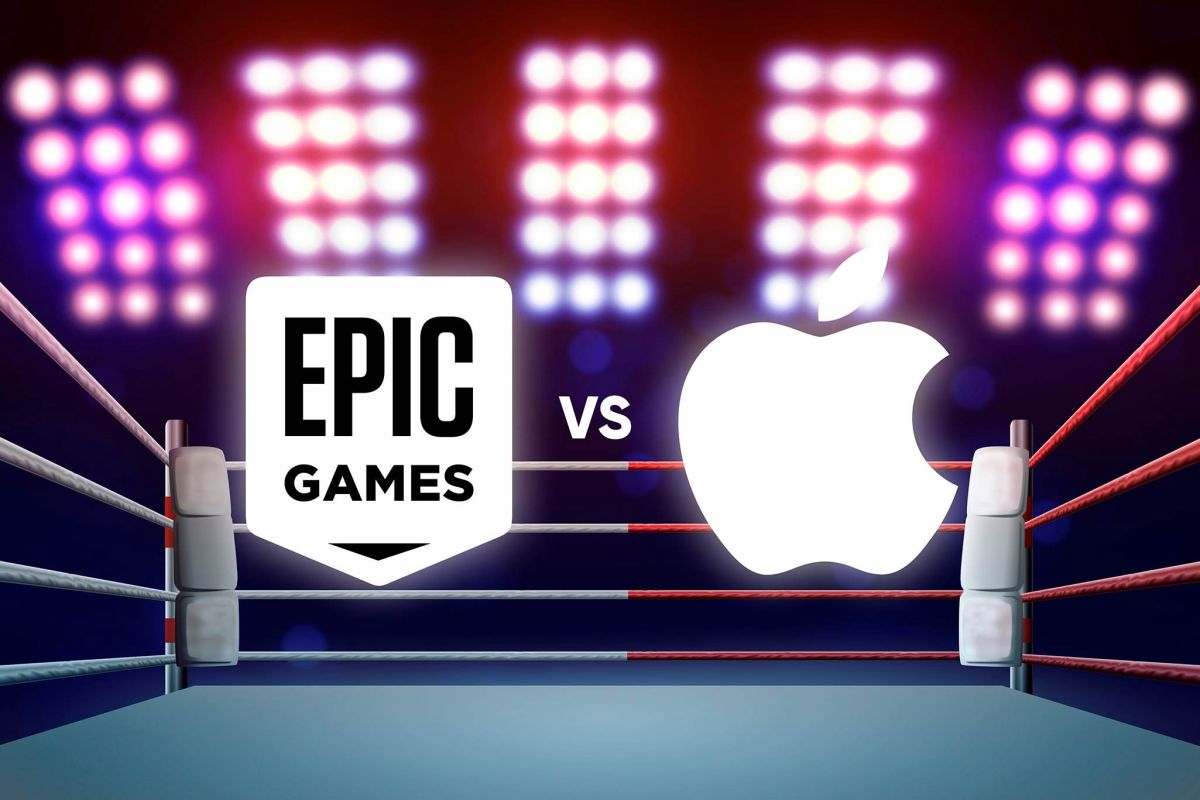Epic vs. Apple ruling put on hold on the enforcement of the injunction issued by the lower court. Despite the lower court’s earlier ruling that the exclusive arrangement is illegal, Apple was able to maintain its In-App Purchasing system as the sole source of in-app payments on iOS devices as a result of the stay.
The stay issued Wednesday afternoon puts enforcement on hold until the appeal court can fully hear the case, a process that likely takes months.
“Apple has demonstrated, at minimum, that its appeal raises serious questions on the merits of the district court’s determination,” the ruling reads. “Therefore, we grant Apple’s motion to stay part (i) of paragraph (1) of the permanent injunction. The stay will remain in effect until the mandate issues in this appeal.”
“Our concern is that these changes would have created new privacy and security risks, and disrupted the user experience customers love about the App Store,” said Apple spokesperson Marni Goldberg in a statement. “We want to thank the court for granting this stay while the appeals process continues.”

Epic vs Apple ruling
The ruling applies only to one particular feature of the app. It does not affect the other parts of the injunction, including the requirement for Apple to allow customer communications with its app users.
Apple will continue to abide by its agreement with the Japan Fair Steering Commission, which placed similar anti-steering restrictions on iOS outside the context of the Epic case.
In September, a court ruling from Judge Yvonne Gonzalez Rogers required Apple to let third-party payment systems on iOS apps as part of a broader ruling that dismissed antitrust allegations brought by Fortnite developer Epic Games. Specifically, the court ruled that starting December 9th, Apple could no longer prohibit “buttons or external links” that direct users to payment systems outside the App Store.





